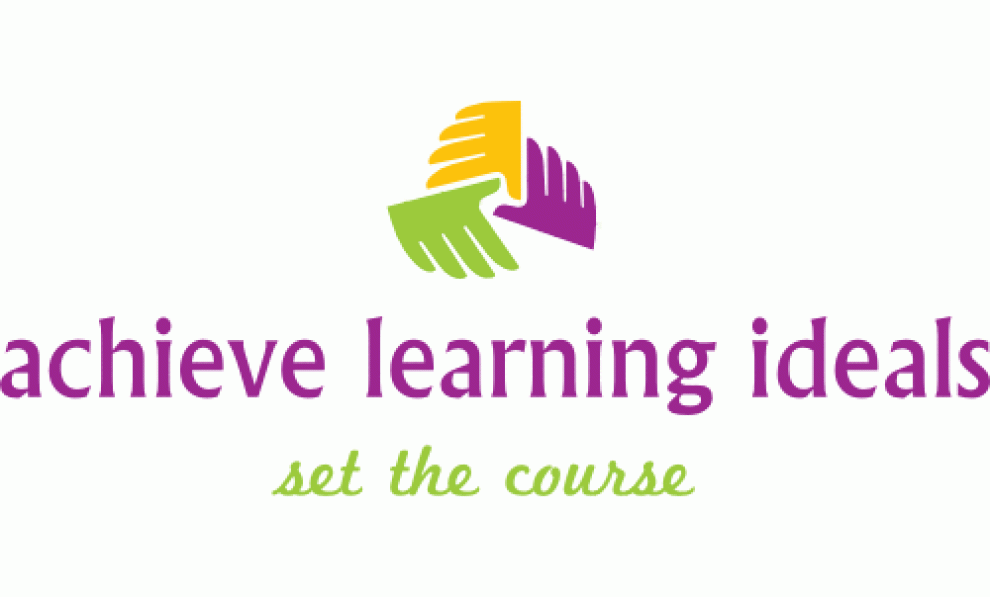A note regarding “point of view”
Do you recall the excitement of being anywhere different? The heightened expectation of “the new,” along with the slight concern about all the expectations others may have for how and where and what you may now experience?
Learning a new language can be filled with all of the above for the individual learner even without the extra pressures which travel (perhaps miles away from home) can impose.
And we, as Educators must become aware that our students have the ability to open up our points of view as well.
They – the students- will share with us, the confusion and the missed communications and the real distress over grammar, structure, vocabulary choice and test preparation most of which we both expect and may even plan for but… points of view are the sparks in a classroom that not only surprise with shared insight but which also ought to challenge each of us to reflect and consider how, globally, perspective is challenged via the environment, the politics, the arts appreciation, the science and technology a region had not only available but also “taken for granted.”
A quote from a poet who began his life in one country before moving to America and suggesting how important the new language became and why even more so to him than to his classmates at University who took their reading of English texts “for granted.”
“My knowledge of this subject is qualitatively different. It is an active knowledge, the knowledge of someone for whom all these texts are precious. More precious …because my life-to say nothing of my world view-was changed by these texts… and American students as a rule never come across that kind of approach to literature.” Joseph Brodsky on the difficult art of not only acquiring “proficiency” in a subject but to become engaged in the depth of the variety of points of views on the subject and how to then share, using language, actual human feelings that others may enter into someone else’s point of view.
We share words, divided into levels; teach first the single paragraph then the simple short point of view spoken and written that a student may exclaim, ” I am ready, bring on the “TOEFL” or any other accepted formal exam process for qualifying the student for the next level of participation. But we may not make the time, the so precious time, to offer our students opportunity to demonstrate how and where and when and why their original points of view about “anything” were challenged if not actually changed-What may have became “precious” for them? How did learning a new language challenge their points of view? Did this newly acquired “tool” allow for communication about ideas and ideals, or did it remain the necessary “thing” for purely academic and employment advancement?
If the former- then we as “teachers” increased dialogue that may one day help make those bridges that do connect people not only places to be traversed. But if the latter, then we merely offered a box- ticking off for ourselves which slot to file the learner into-passed or not, ready or not- but for what? Real world experiences? More than a smattering of language levels is necessary for both higher level academics and employment and friendships- Connections count.
The current and upcoming American inauguration is sparking much public and private debate. Points of views are continuously being challenged – dare we open discussions to our International Students? My point of view is we must. What is your point of view on how to best remain as neutral as possible that we may listen to learn other perspectives, while also encouraging these voices to not merely participate within classroom discussion but also in coffee shops and private/public spaces – and thereby broaden each other’s points of view. Is a panoramic point of view with respect for differences possible?
Welcoming your perspective.
